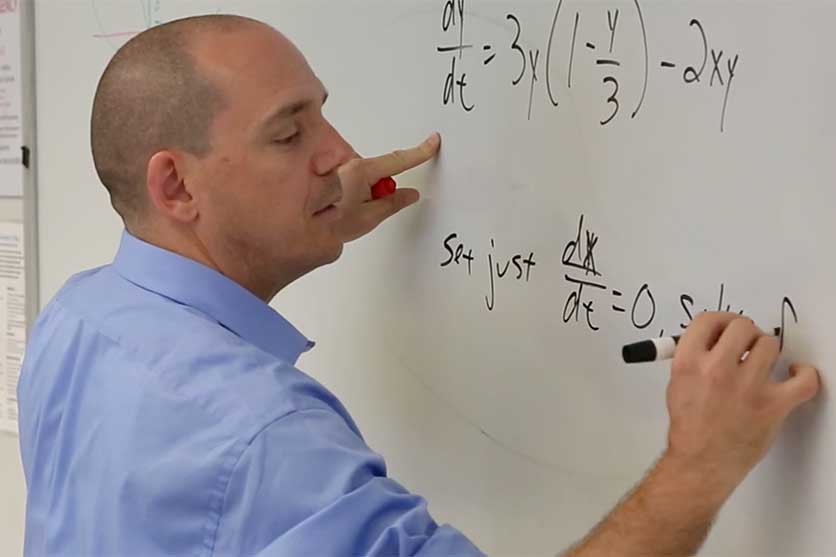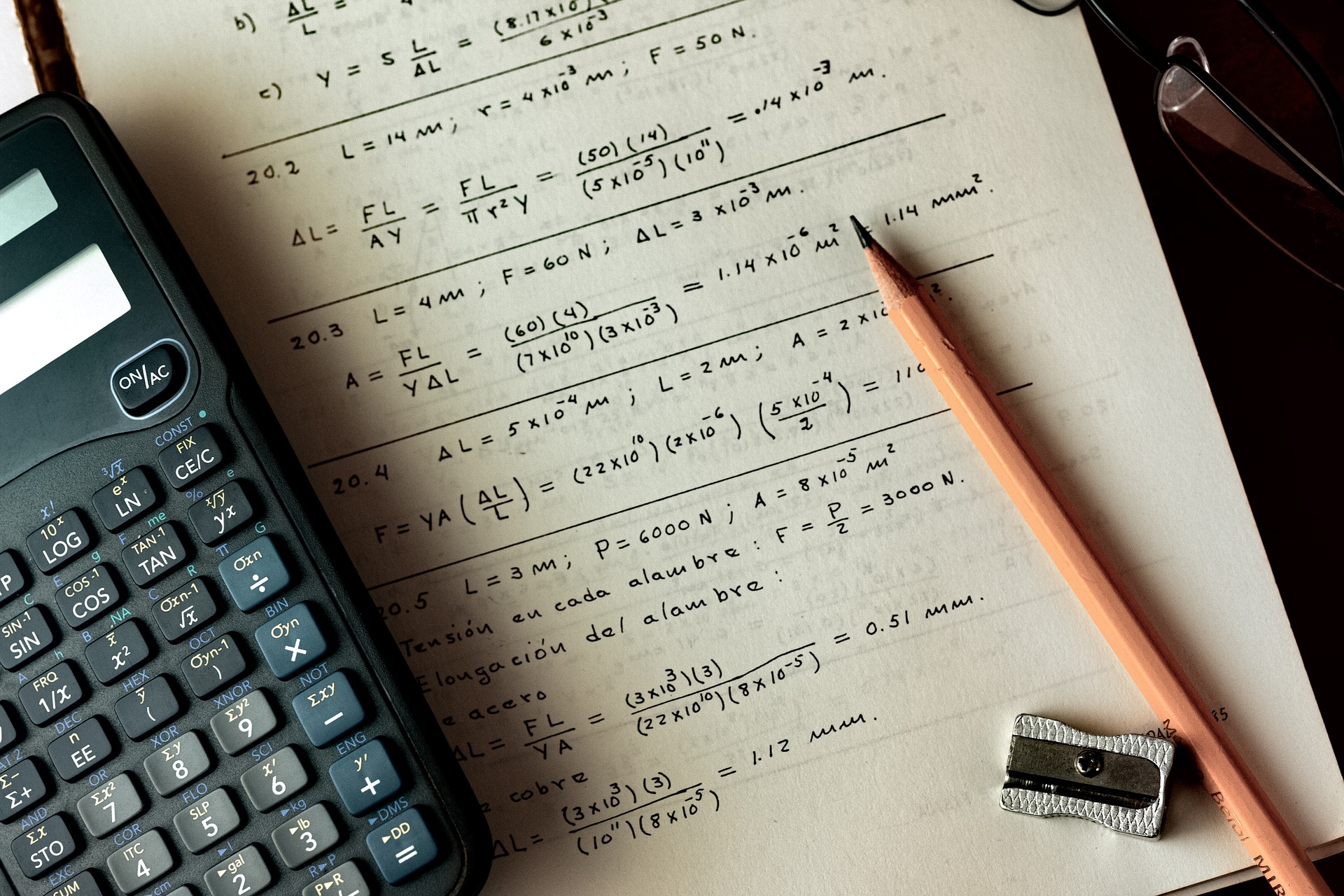Math, A.A.
Calculate Mathematics Skills Designed for Transfer
DCC's Mathematics A.A. offers great preparation for transfer to a 4-year college or university. It’s an affordable way to build college credits that you can apply toward a bachelor’s degree in fields like biology, chemistry, environmental science and conservation, geology, education or physics.
credits in core courses and electives you choose
years of full-time study for most students (earning college credits in high school can save time)
preparation for a variety of 4-year colleges and universities
What You'll Study as a Math Student
Most Math A.A. graduates transfer to bachelor’s degree programs. From there, some go on to graduate or professional school. Others enter career fields like science, engineering, education and more.
Our curriculum lets you plan your own path. Start by taking core courses. Next, choose from a range of science and elective courses tailored to your transfer interests. Customize the program to match your goals.
VIEW CURRICULUMSample Courses
MAT 221: Calculus I
Calculus for engineering, math or science majors, including derivatives and computer
applications
MAT 230: Probability & Statistics
Intro to probability theory for math students, including random variables and probability
distributions
MAT 224: Differential Equations
Intro to theory, solution and estimation of first & second order differential equations
Where Do Math Grads Go?

Inside the Classroom: PJ Darcy
DCC faculty member PJ Darcy focuses on teaching math concepts that will develop new ways of thinking for students.
ASA at DCC
DId you know there's a student chapter of the American Statistical Association at DCC? ASA student chapters provide experience, education, and opportunities for those interested in the world of statistics and data analysis. DCC is the first and only community college with an ASA Student Chapter.
People Also Considered
In-Demand Skills
As a math student, you'll develop flexible skills fit for diverse education and career paths. You'll be prepared for jobs that require evaluating evidence, testing ideas, and solving problems.
You'll graduate ready to:
- Present information clearly
- Write persuasively
- Apply the scientific method—hypothesis, test, conclusion
- Interpret numerical and graphical info
- Use technology tools
- Consider evidence and propose solutions
How to Make DCC Work for You
Contact Us
Office of Admissions
101 Orcutt Student Services Center
Mon. - Fri., 8 a.m.-5 p.m.
Phone: (845) 431-8010
Email: admissions@sunydutchess.edu
53 Pendell Road
Poughkeepsie, NY 12601

